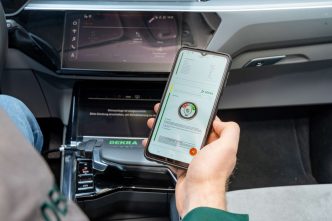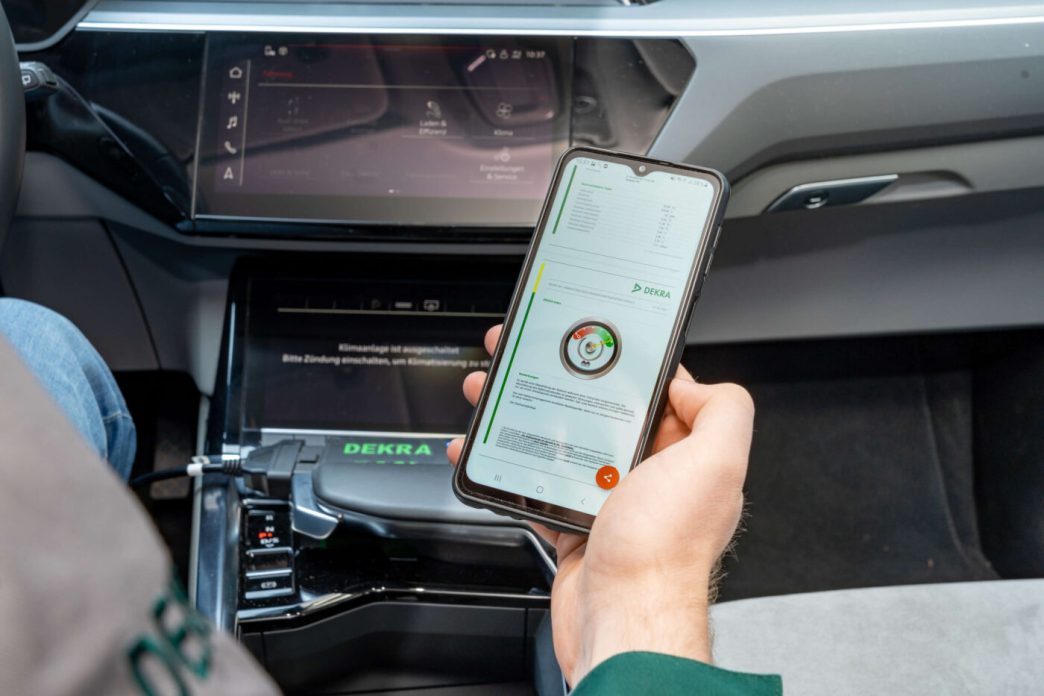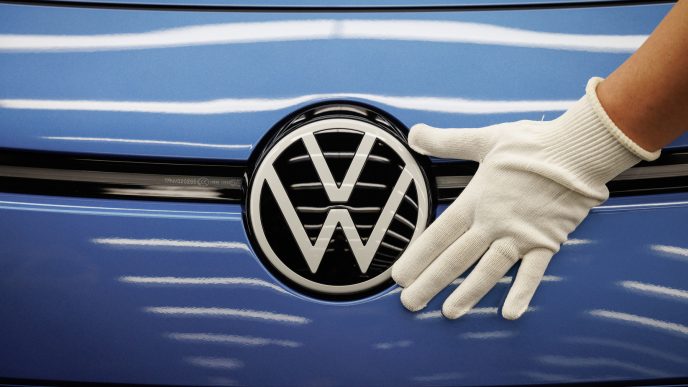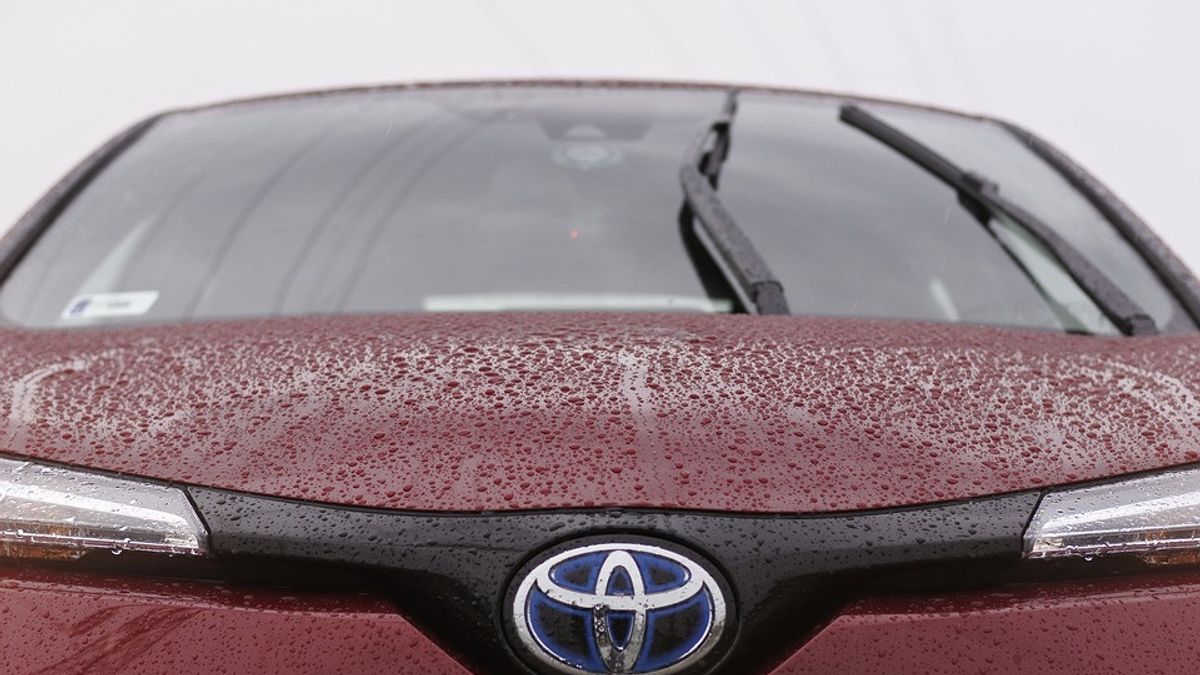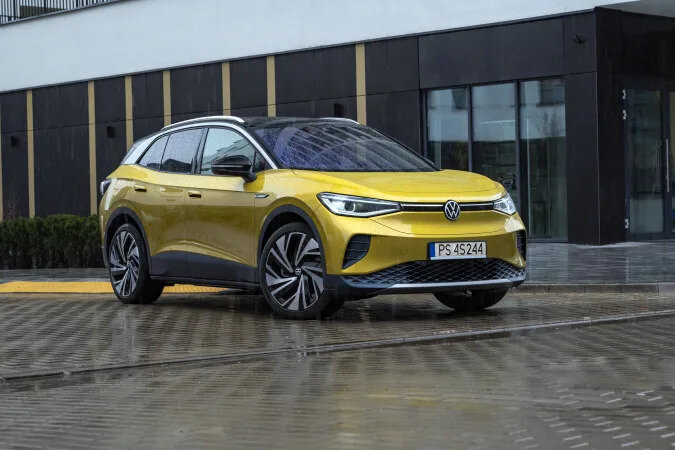Dekra, a testing organization, has completed over 25,000 ‘state-of-health’ tests using its rapid battery test procedure, which reveals that electric vehicle (EV) batteries are generally more durable than some consumers may expect. The test, which was introduced in 2022, is available for around 130 vehicle models and is offered in multiple European countries. The process takes about 15 minutes, involving a static test and a short acceleration drive, to evaluate the battery’s condition.
The procedure is based on parameterization for individual vehicle models, which allows for detailed analysis of battery health. “This creates a kind of coordinate structure that our system uses to analyze and evaluate the actual measured values during the test,” explained Christoph Nolte, Executive Vice President of DEKRA and Head of the Service Division Vehicles. “The bottom line is a statement on the battery condition that no other method on the market can offer as quickly and at the same time as precisely.”
With the growing data pool from these tests, Dekra has made observations about battery aging. The organization reports that, even with higher mileages, most traction batteries remain in good condition. For example, six Jaguar I-Pace electric taxis in Munich, with mileages between 180,000 and over 260,000 kilometers, had a state of health ranging from 95 to 97 percent. “The batteries are very, very durable and, especially with the safety buffers that the manufacturers install, they retain their capacity for a very long time,” said Gregor Beiner, Managing Director of Munich Taxi Centre (MTZ). “That’s why we have continued along this path. Today, we have around 70 vehicles in our fleet, a good third of which are electric vehicles from various brands. We want to have electrified our entire fleet by 2029.”
However, Dekra notes that factors such as driving style, climate, and charging behavior can influence how quickly a battery ages. Since the battery is often the most expensive component in an EV, it plays a crucial role in the resale value of used electric vehicles. “That’s why reliable information on battery condition is a decisive factor for a functioning used car market,” Nolte explained. He also addressed the common misconception that EV batteries wear out in a similar way to smartphone batteries. “People have experienced that mobile devices have a noticeably lower battery capacity after just a few years and fear the same effect with electric vehicles.”
Dekra’s data shows that EV batteries typically have longer lifespans than expected. “Even with higher mileages, we still find a ‘state of health’ of over 90 percent in most cases,” Nolte said. All 74 Dekra branches in Germany offer the rapid battery test by appointment, and the company is working on a further development of the test procedure that will not require driving. “Over the course of the coming year, we want to gradually bring the further developed test procedure onto the market for various vehicle models. Then the whole thing will be even less complicated,” Nolte added.
Supporting Dekra’s findings, recent research from Stanford University suggests that EV batteries could last up to 40 percent longer than originally anticipated due to real-world driving and charging habits, which place less strain on the batteries compared to laboratory tests.

